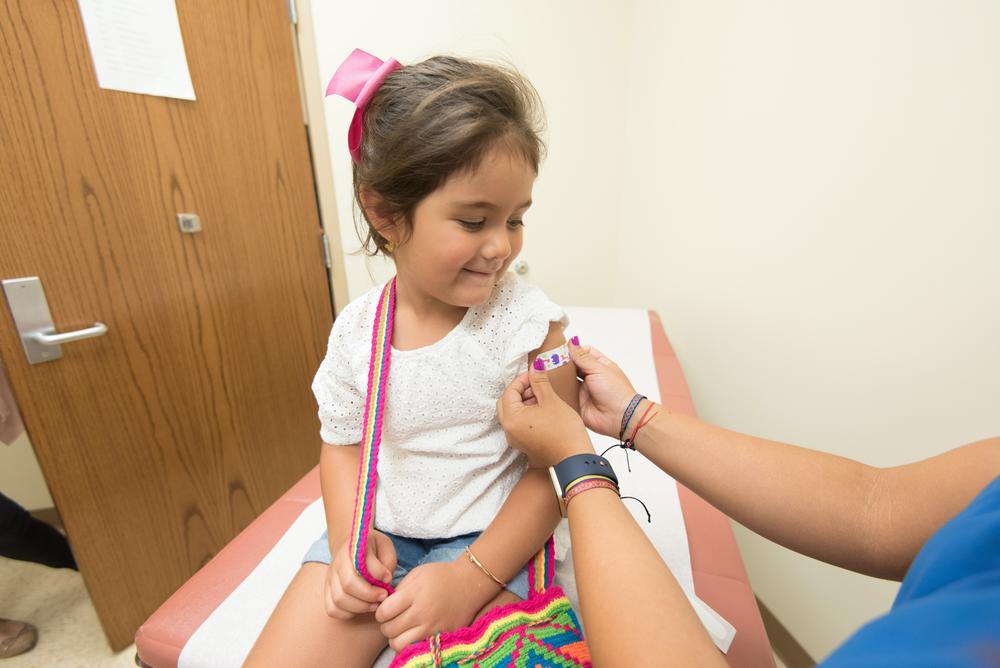
Caption
Experts at Emory agree everyone 6 months of age and older should get vaccinated against influenza before the end of October.
Credit: Photo by CDC from Pexels
LISTEN: Some experts say we could see a rising number of infections in the colder months as COVID-19 and influenza continue to spread. GPB’s Ellen Eldridge has more.

Experts at Emory agree everyone 6 months of age and older should get vaccinated against influenza before the end of October.
Some epidemiologists say the upcoming flu season is a bit of uncharted territory with respect to its expected intensity. That’s because, over the last two years, people have been wearing masks to avoid catching COVID-19, which also dramatically slowed transmission of influenza viruses.
But 31 Georgians still died during the less intense 2021-2022 season, according to the state Department of Public Health.
Now, mitigation efforts are virtually nonexistent in some areas, including among health care workers in nursing homes and hospitals, according to recent recommendation changes from the Centers for Disease Control and Prevention.
When President Joe Biden said ‘the pandemic is over,’ epidemiologists like Amber Schmidtke said that is simply not so.
“It was surprising because his claim isn’t supported by data and because he doesn’t have the power to declare that a pandemic is over, and certainly not when COVID-19 continues to cause problems throughout the world, including in many countries who have yet to receive a single vaccine dose,” Schmidtke wrote.
More than 1 million Americans have died of COVID since 2020, and thousands of deaths are still being reported weekly nationwide.
Dr. Felipe Lobelo, the director of epidemiology for Kaiser Permanente Georgia, called Biden’s messaging unfortunate.
“Everyone wants to be done with this, but COVID still a thing,” Lobelo said. “COVID is still circulating. And if we say that, you know, this is over and we don't have to worry about it anymore, then obviously people are not going to be taking precautions like taking those boosters.”
He said that, in his and many of his clinician colleagues' experience, masking is likely the reason we're in better control of the coronavirus.
"We are a little bit worried about, you know, stop using masks in the health care settings," Lobelo said. "Because we know the masks really work."
Relaxing mitigation efforts that helped prevent transmission of influenza as well as coronavirus the past two winters makes it more important for folks to get their flu and COVID shots before the end of October, Lobelo said.
“How much of an uptick in COVID are we going to see starting in October and November, as we've seen every winter so far?" he asked. "And, also, you know, is flu going to come back?”
Georgia is in the moderate category (as of mid-September) for influenza-like illness spread.
Early in the pandemic, many people working in public health were worried about a so-called twindemic, where we saw the combined impacts of COVID-19 and influenza.
Lobelo said people can get both COVID and flu shots at the same time.
"You want to be protected early on because the first thing you need to keep in mind is that once you take the shot, it really takes a couple of weeks for your immune system to rev up and to generate that protection, those antibodies," he said.